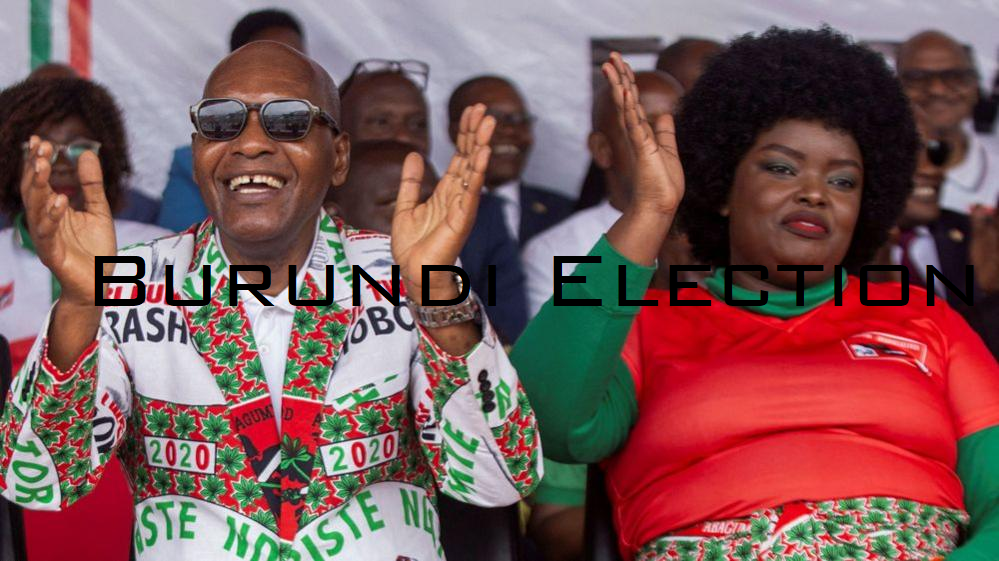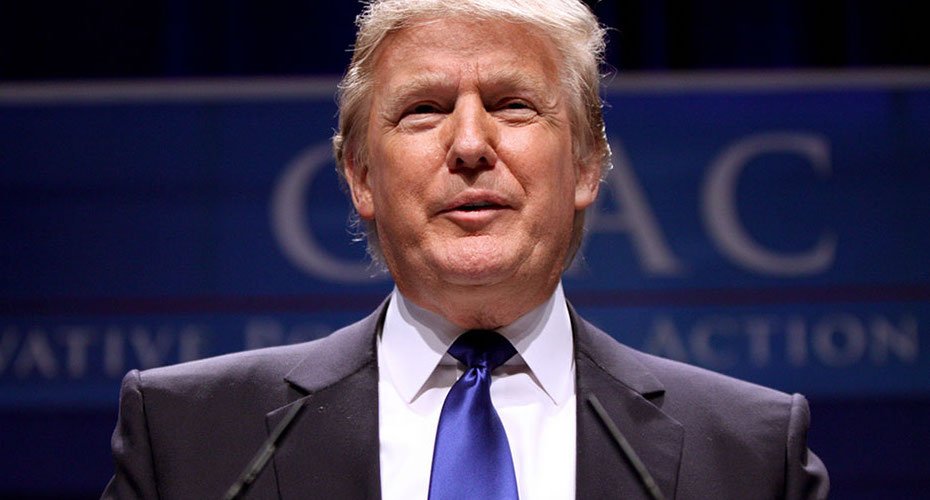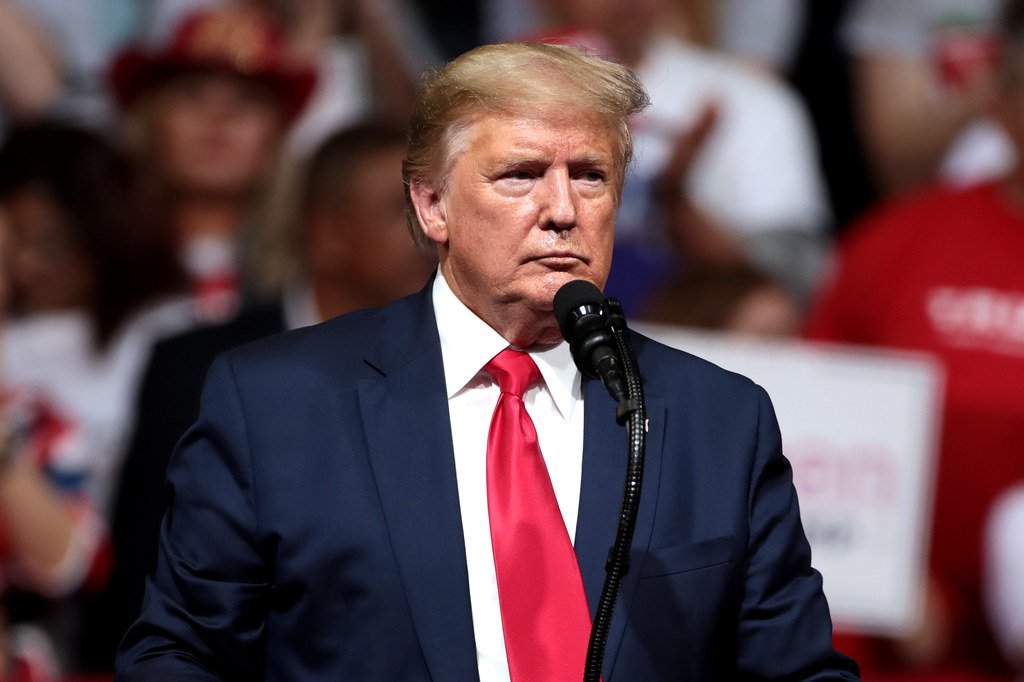Date: June 5, 2025
By BlogHear News Staff
Category: Africa | Politics | Economy
Bujumbura, Burundi — Voters in Burundi are heading to the polls today to elect members of the National Assembly and local councils, in an election clouded by economic hardship and growing concerns over political freedom.
While the presidency is not on the ballot — President Évariste Ndayishimiye is mid-way through his seven-year term, set to end in 2027 — the results of today’s vote will serve as a gauge of support for the ruling CNDD-FDD party, which has held power for two decades.
Economic Struggles Deepen
Burundi, one of the world’s poorest nations, is battling surging inflation, fuel shortages, and a foreign currency crisis that has further strained daily life. Queues of cars extending over 100 meters at fuel stations have become a regular sight, sometimes lasting days or even weeks, as authorities ration fuel supplies.
The World Bank reports that the average annual income in Burundi stood at just $193 in 2023 — the lowest in the East African Community (EAC) trade bloc.
Economist and anti-corruption advocate Faustin Ndikumana said the country’s challenges stem from deep-rooted governance issues.
“Good governance has to be established. We’re not there yet,” Ndikumana told the BBC.
Foreign currency reserves are reportedly at critically low levels, with Burundi now maintaining less than one month’s worth of reserves for imports such as medicine and fuel — far below the regional standard of four months.
Political Climate: Fear and Intimidation
Several opposition leaders have accused the ruling CNDD-FDD’s youth wing, the Imbonerakure, of harassment and voter intimidation. Gabriel Banzawitonde, head of the APDR party, said opposition supporters feel unsafe even wearing their party’s colors in public.
“People are so intimidated that they tell you they cannot wear any party colours other than the ruling ones,” Banzawitonde said. “But once in the voting booth, they promise to vote for you.”
Political analysts and civil society experts in Burundi declined to publicly comment on the election, citing fear of government retaliation. One analyst, speaking anonymously, said the electoral process appeared engineered to guarantee a CNDD-FDD victory.
“To avoid unnecessary trouble, you keep quiet,” they said. “Everything was being tailor-made to fit the ruling party.”
Some CNDD-FDD officials have even floated the idea of transitioning to a one-party state, arguing it would be beneficial for national stability.
Government Defends Record
Despite mounting criticism, the government remains optimistic. President Ndayishimiye has defended his administration’s track record, stating that conditions in the capital Bujumbura have improved.
“People looked bad in 2005,” he said. “Now, they have money to buy shoes, new clothes, and to build houses.”
The ruling party continues to invoke its history as a liberation movement for the Hutu majority, claiming its governance has helped correct decades of alleged marginalization under the former Tutsi-led governments.
As polls remain open, attention turns to whether today’s vote will be conducted peacefully and whether the results will reflect the will of the people — or further deepen the country’s political divide.
For more African political updates, economic coverage, and international news, visit BlogHear.com—your voice in global journalism.




